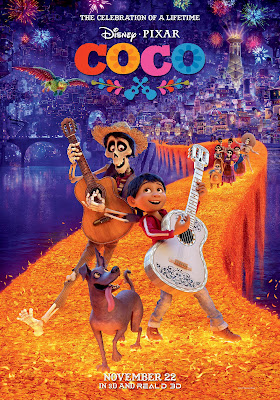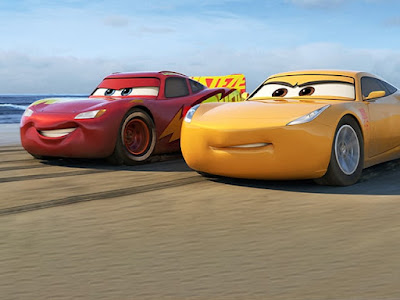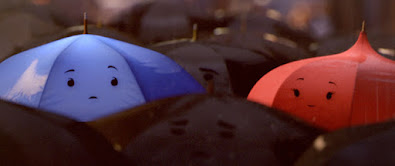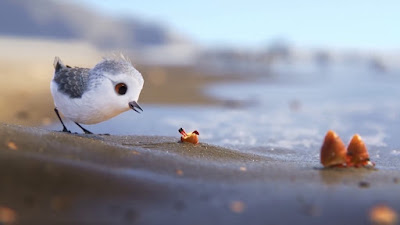 |
| [Courtesy Great Big Canvas] |
WRITER'S NOTE: The following was originally published on March 24, 2020.
The progress that Disney's Feature Animation division had been making throughout the 1980s had been building up to something, one way or another. And in 1989, it came in the form of a mermaid longing to be human, and who raised her head out of the ocean and literally sung to a new generation.
Based on Hans Christian Andersen's classic fairy tale of the same name, The Little Mermaid became the liviest feature the studio had made in so long. Reportedly, the Mouse House had put more resources into this film than any other up to that point, including the most elaborate water effects created since Fantasia and Pinocchio in 1940. (Seriously, the time they put into animating the millions of bubbles alone is fascinating.) Not to mention some of the most electric and catchy songs ever written and composed in the studio's history, including the showstopping "Under the Sea" and the perfectly-serenading "Kiss the Girl".
Mermaid also represents one of Disney's most complex films, in terms of character dynamics and relationships, which add a contemporary spin while honoring its literary source material. The traits of the titular Ariel, for one thing, redefined the role of a Disney princess for a new generation. As animator Mark Henn described, while the classic female characters (Snow White, Cinderella, and Aurora) were "reactive," Ariel and subsequent others (like Belle Jasmine) were more proactive, taking their own steps in their respective journeys/stories. Ariel wants more than the stuff of human life (she keeps hundreds of worldly items in a secret cove). She longs to really live as they do. And if one looks closely, they may find some surprising spiritual aspects in Ariel's dreams ("Up where they walk," anybody?). She also expresses universal body language when she's on land without her voice (a testament to the animation by Henn and Glen Keane).
For the sake of discerning families reading this: while Ariel is an amazing character (voiced and sung memorably by Jodi Benson), she can also be very rebellious, angsty, have "daddy issues" (something Jasmine from Aladdin would later have in common with her), and make questionable choices. Chief among said choices is instantly falling for a young man she barely knows. Plus, the subplot of her making a deal with an undersea witch where she trades her beautiful voice for human legs (the scheming Ursula is, no doubt, one of the scariest and most dynamic Disney villainesses, alongside the Queen, Maleficent, and Cruella DeVil) probably wouldn't fly today. On the other hand, the theme of the cost of selling yourself in exchange for something else has cautionary undertones.
On that same note, the role of Prince Eric is more than just a one-note leading man (as most iterations in previous Disney fairy tales have been the case). His intentions in waiting for the "right, and not just marrying for the sake of it, are noble. Plus, he does demonstrate sacrifice, redemption, and genuine acts of love. As for the role of King Triton (while also questionable at times), there's the theme of letting children grow up and allowing them to live and lead their own lives (as the scene-stealing crab Sebastian says).
Revisiting the film, I marvel at the colorful and beautiful animation, the story's emotional arc (especially the iconic "Part of Your World" motif, which was almost cut from the film a la "Over the Rainbow" from The Wizard of Oz), the unforgettable music by Howard Ashman and Alan Menken (his first of many contemporary Disney scores), and thrills from its strong sound design and aforementioned underwater effects. The result is enchanting and entertaining. The Little Mermaid also turned out to be the last hand-drawn film made by the studio before they transitioned to a new digital ink-and-paint system that would redefine the look of the modern Disney feature from thereon.



























.png)













